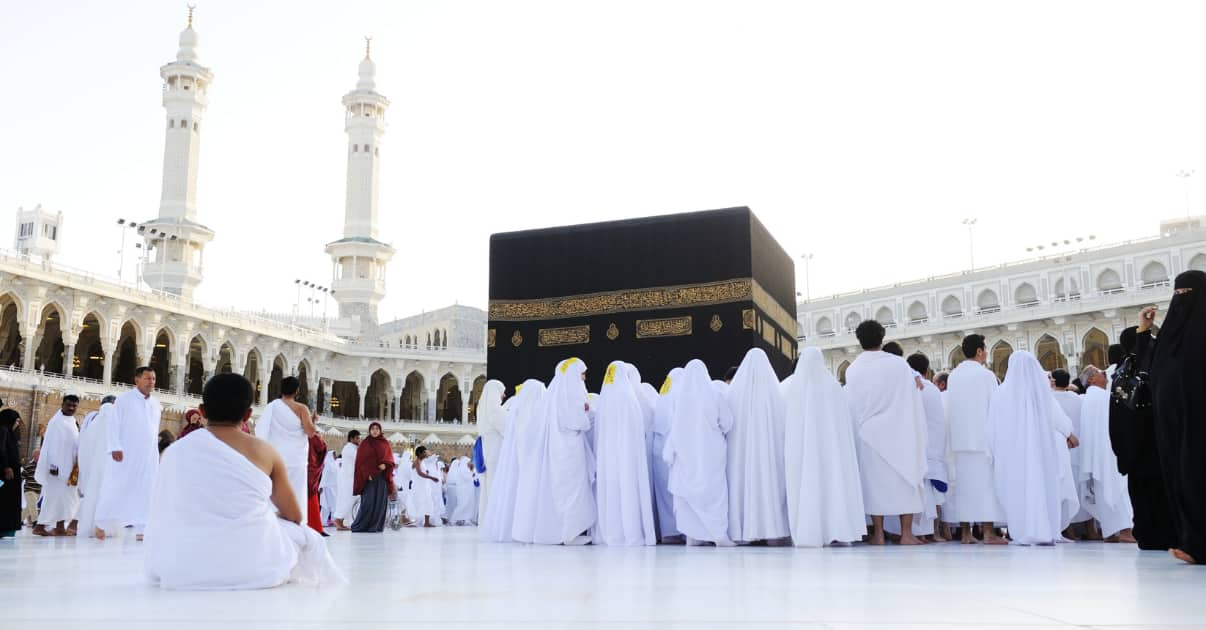
Traveling for Umrah is a profound spiritual journey for Muslims worldwide. The experience is often shaped by the timing of the pilgrimage. A particularly unique period for this journey is performing Umrah during Easter week. This is when the Western Christian calendar's most significant holiday week, including Maundy Thursday, Good Friday, and Easter Sunday, coincides with the Islamic spiritual pilgrimage. The confluence of these two major religious periods creates a distinct travel environment, marked by an unexpected blend of cultures and a significant increase in international travel. My Umrah during Easter week journey was a remarkable experience, offering insights into this fascinating overlap. The notes from my trip are an attempt to capture the essence of this unusual and incredibly busy time.
The Unexpected Rush: Unprecedented Crowds
The most immediate and striking observation when performing Umrah during Easter week was the sheer volume of people. I had prepared for crowds, but nothing could have prepared me for the scale of the influx. The period leading up to Easter is a popular time for travel, particularly for many from Europe and North America, who often have school breaks. This led to an extraordinary number of pilgrims, not just for Umrah but also for general travel and tourism. The impact on the holy cities was palpable.
Mecca and the Grand Mosque: The Grand Mosque (Masjid al-Haram) in Mecca was a sea of humanity. The circumambulation of the Kaaba (Tawaf) and the sa'i between Safa and Marwa were extremely challenging due to the density of the crowd. The sheer number of people meant that performing the rituals of Umrah required immense patience and focus. Every square inch of the mosque was occupied, and finding a space for prayer was a task in itself.
Medina and the Prophet's Mosque: Similarly, the Prophet's Mosque (Masjid an-Nabawi) in Medina was also exceptionally crowded. The atmosphere was spiritually charged but physically taxing. The experience of performing Umrah during Easter week was defined by a collective sense of purpose, despite the logistical challenges posed by the dense crowds.
This high volume of pilgrims during Umrah during Easter week highlights the global nature of both Islamic and Christian observances. The synchronized travel patterns created a logistical challenge that tested the patience and determination of every traveler.
.jpg)
Travel and Logistics: A Challenging Landscape
The increase in travel during this period made logistics a significant part of the experience. From flights to accommodations, everything was affected.
Flights and Fares: Flights to Jeddah and Medina were booked solid, and prices were significantly higher than usual. The demand for seats during this peak travel season, fueled by both Christian and Muslim travelers, meant that securing a reasonably priced flight for Umrah during Easter week was nearly impossible without booking months in advance.
Accommodation: Hotels in Mecca and Medina were at full capacity. Many pilgrims, like myself, found that booking a place was a major challenge. The price of rooms, too, had skyrocketed. This was a direct result of the high demand from those performing Umrah during Easter week and other travelers.
Transportation: Getting around within the cities was also difficult. Taxis were scarce and often overpriced, and the local bus systems were packed. It became clear that the infrastructure was being pushed to its limits to accommodate the massive influx of people traveling for Umrah during Easter week.
This logistical strain is a critical point for anyone considering performing Umrah during Easter week. It’s not just a spiritual journey; it’s a strategic one, requiring meticulous planning.
A Spiritual and Cultural Blend: The Atmosphere of Umrah During Easter Week
While the crowds and logistical challenges were noteworthy, the most profound aspect of performing Umrah during Easter week was the unique atmosphere. There was a sense of shared humanity that transcended religious differences.
The days of Umrah during Easter week were filled with spiritual fervor. The echoes of the Athan (call to prayer) filled the air, and the sights of thousands in prostration were awe-inspiring.
Simultaneously, the large presence of diverse international tourists, many of whom were on holiday, added a different layer. While they were not performing Umrah, their presence in the country was part of the same global travel phenomenon. This created an interesting dynamic where the spiritual solemnity of the pilgrimage coexisted with the more general hustle and bustle of a major holiday season.
The convergence of these events led to some interesting observations:
Diverse Nationalities: The diversity of pilgrims was immense. People from all over the world, from Indonesia to the United States, were present. This was a testament to the universal appeal of Mecca and Medina.
Interfaith Dialogue: Although direct interfaith dialogue was not a formal part of the pilgrimage, sharing a common space during a significant time for both faiths was a form of silent communication. It highlighted how religious calendars, despite their differences, can and do intersect in unexpected ways.
| Aspect | Impact on Umrah During Easter Week |
|---|---|
| Crowds | Extreme density, challenging rituals |
| Logistics | High cost and low availability of flights and hotels |
| Atmosphere | Unique blend of spiritual solemnity and holiday travel rush |
| Diversity | High number of nationalities present |
Reflecting on the Experience: The Takeaway
Performing Umrah during Easter week was an eye-opening experience. It was a journey of immense spiritual reward, but also one that demanded patience and a flexible mindset. The difficulties posed by the crowds and logistics were a test of one's sincerity and patience in the face of adversity. It became a lesson in the core tenets of Umrah—patience (sabr) and perseverance.
My notes from this trip are a reminder of the unique nature of this pilgrimage. It's a testament to the global nature of both religious observance and travel. The experience of performing Umrah during Easter week is a unique one, and while it comes with its own set of challenges, the spiritual rewards and the insights gained are truly invaluable. For those considering this path, advance planning is essential. My Umrah during Easter week journey was a reminder that the path to spiritual enlightenment is not always easy, but it is always worth the effort. The lessons learned from navigating the crowds and the high-demand travel environment were just as valuable as the spiritual acts themselves.
;More Travel News
-
 07-Dec-2020Best Destinations to Explore in Pakistan To Spend Winter Vacations
07-Dec-2020Best Destinations to Explore in Pakistan To Spend Winter Vacations -
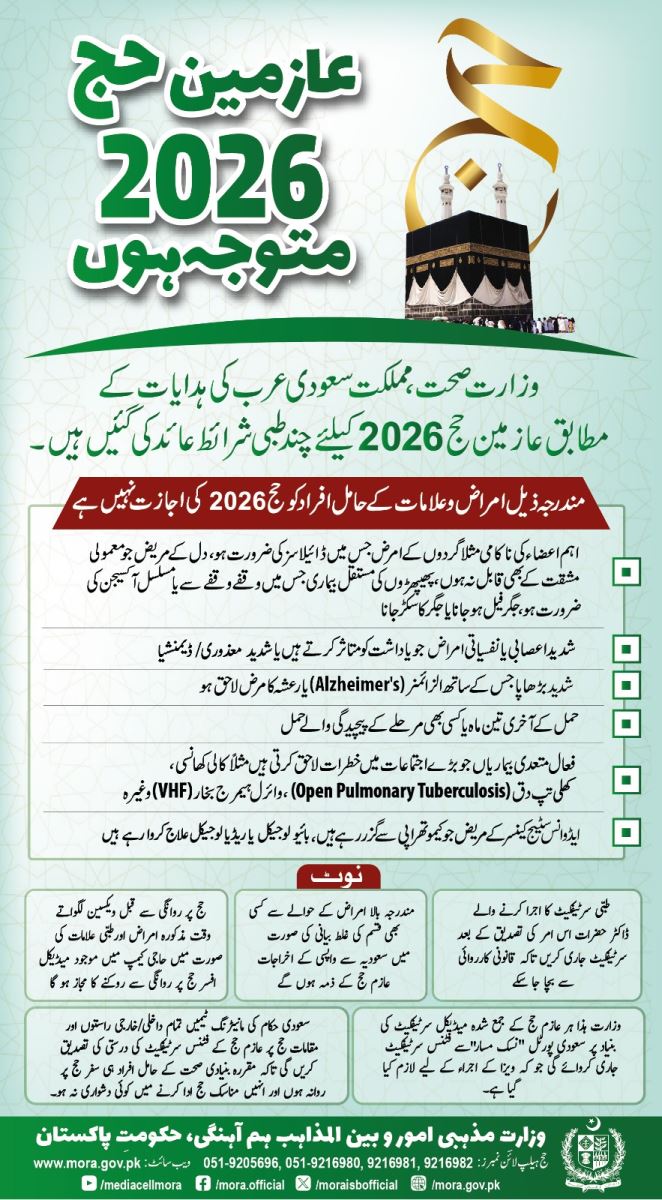 11-Nov-2025Saudi Government Health Instructions for Hajj 2026
11-Nov-2025Saudi Government Health Instructions for Hajj 2026 -
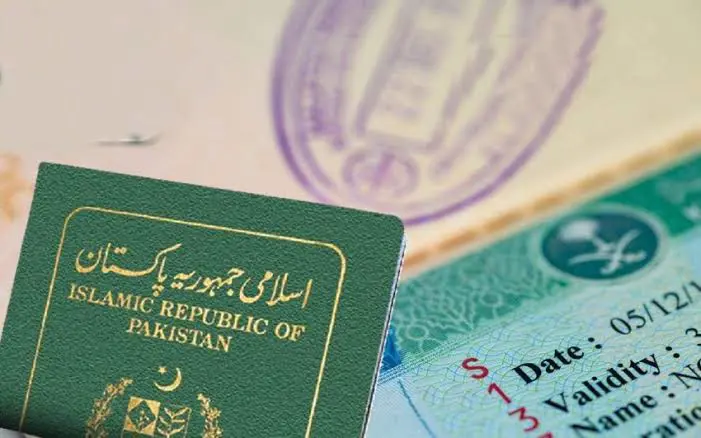 13-Jun-2025Saudi Arabia: Temporary Hold on ‘Block Work Visa Quotas’ for Certain Nationalities – An Evolving Landscape
13-Jun-2025Saudi Arabia: Temporary Hold on ‘Block Work Visa Quotas’ for Certain Nationalities – An Evolving Landscape -
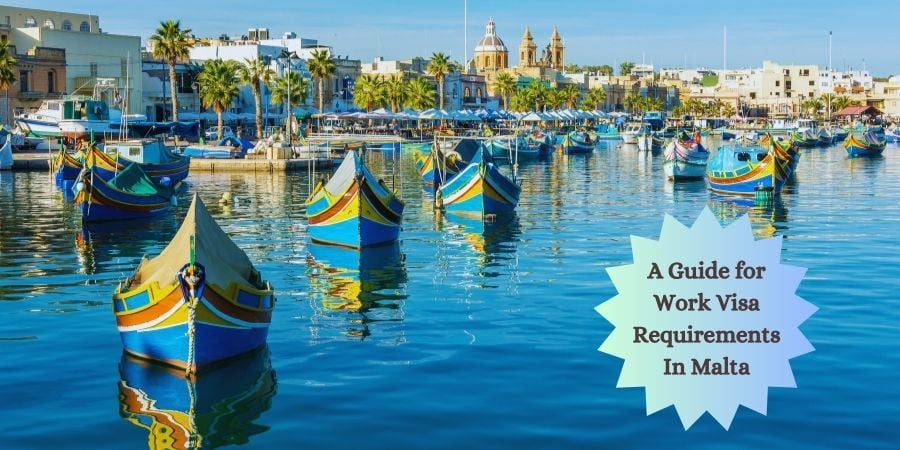 06-May-2025Malta Work Visa Process May 2025
06-May-2025Malta Work Visa Process May 2025 -
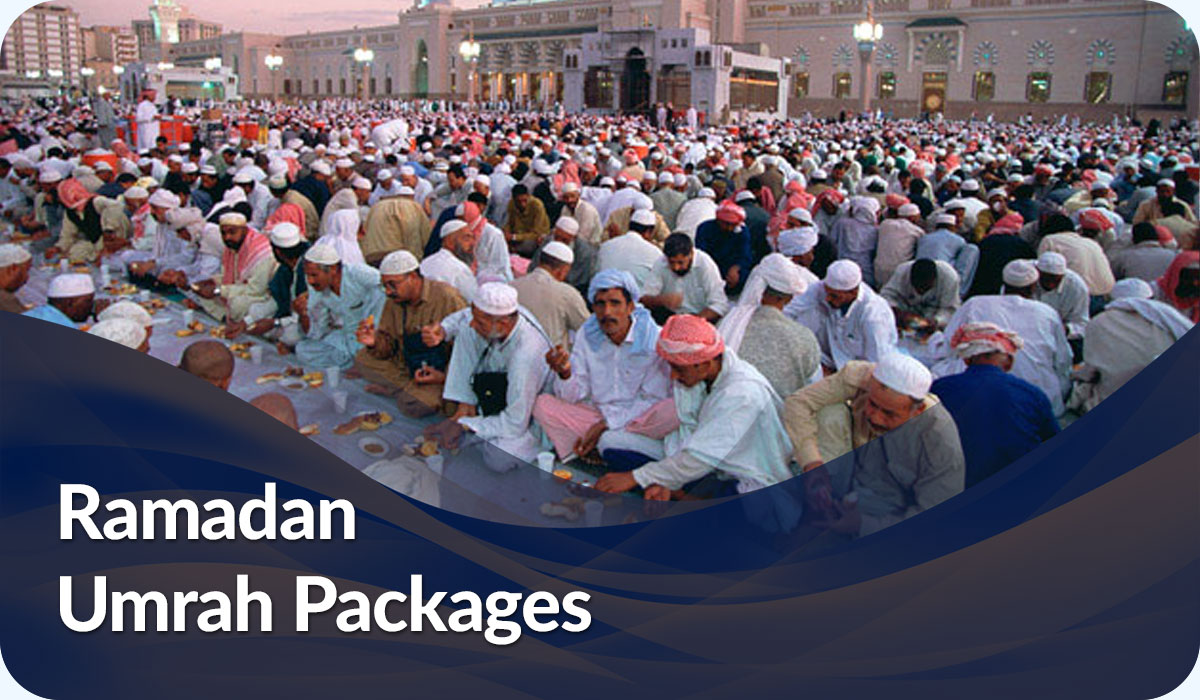 25-Feb-2025Limited Offer! Ramadan 2025 Umrah Packages with Flights & Hotels – Book Now with Trips.pk
25-Feb-2025Limited Offer! Ramadan 2025 Umrah Packages with Flights & Hotels – Book Now with Trips.pk -
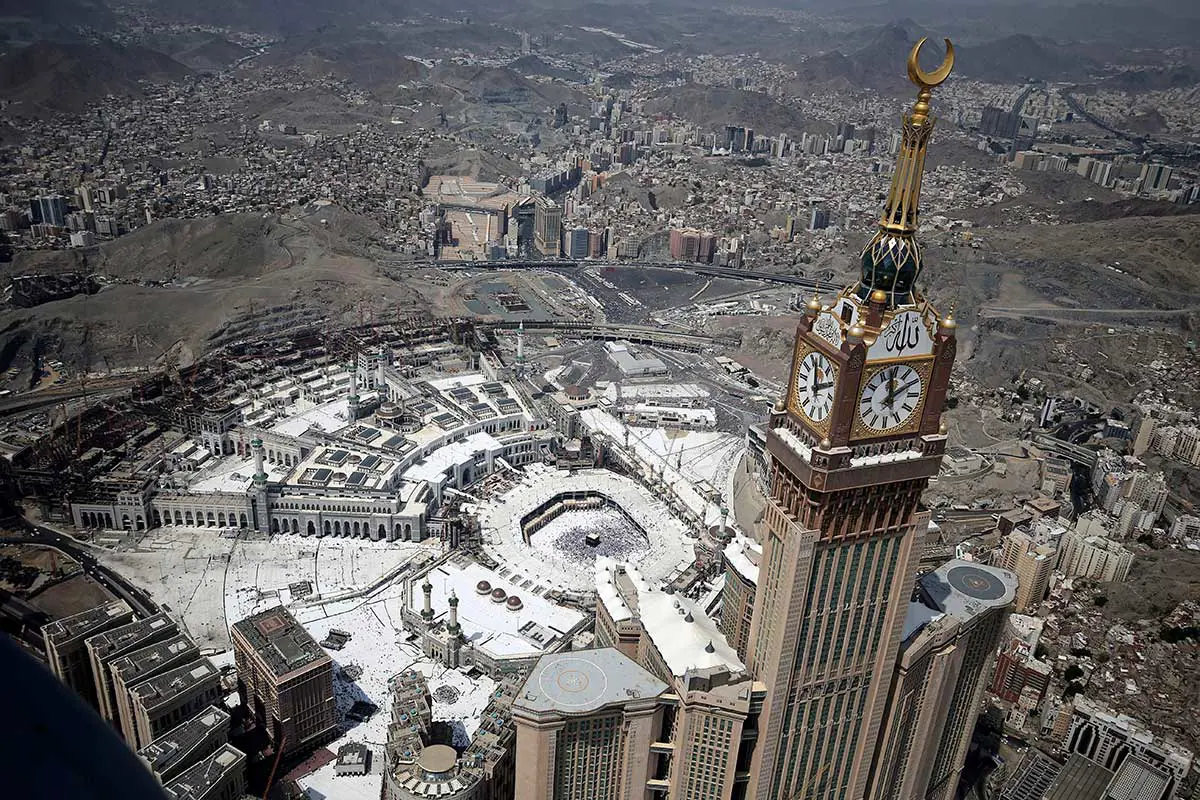 16-Apr-2025Accommodation rules updated for Hajj 2025 pilgrims, says Saudi Arabia.
16-Apr-2025Accommodation rules updated for Hajj 2025 pilgrims, says Saudi Arabia. -
 25-May-2025Kuwait Reopens Visas for Pakistanis: A Major Boost for Bilateral Ties and Workforce Mobility
25-May-2025Kuwait Reopens Visas for Pakistanis: A Major Boost for Bilateral Ties and Workforce Mobility -
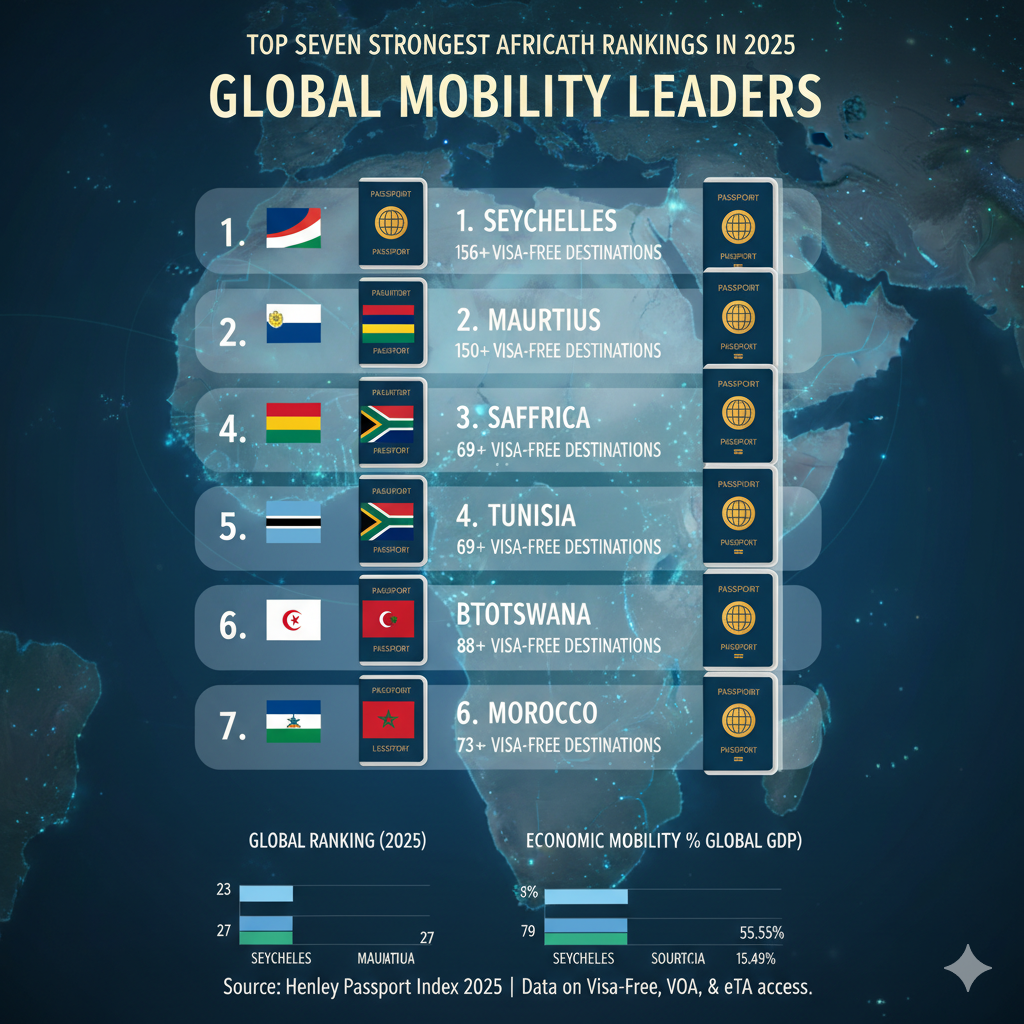 13-Oct-2025Top Seven Strongest African Passports in 2025
13-Oct-2025Top Seven Strongest African Passports in 2025 -
.webp) 27-May-2025A New Era of Opportunity: Kuwait Ends 19-Year Visa Ban on Pakistanis
27-May-2025A New Era of Opportunity: Kuwait Ends 19-Year Visa Ban on Pakistanis -
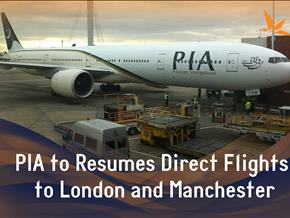 01-Feb-2025PIA to Resumes Direct Flights to London and Manchester
01-Feb-2025PIA to Resumes Direct Flights to London and Manchester -
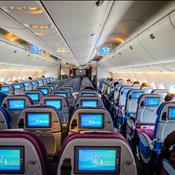 27-Oct-2022Pakistan New Low-Cost Airline Fly Jinnah
27-Oct-2022Pakistan New Low-Cost Airline Fly Jinnah -
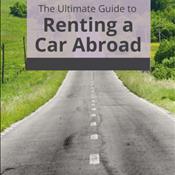 30-Aug-2019International road tour: 5 things to know before renting a car abroad
30-Aug-2019International road tour: 5 things to know before renting a car abroad
